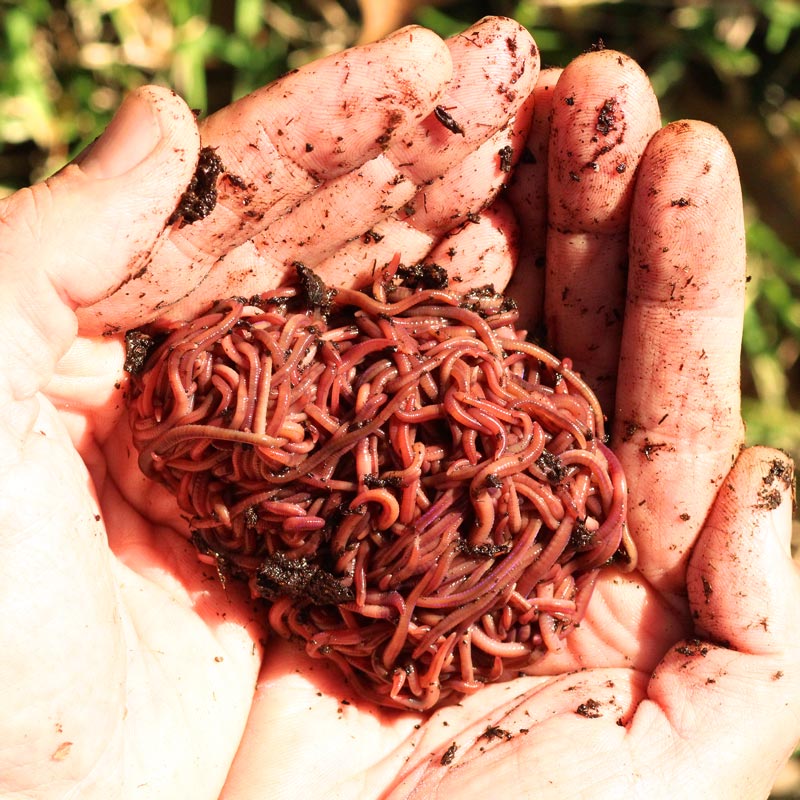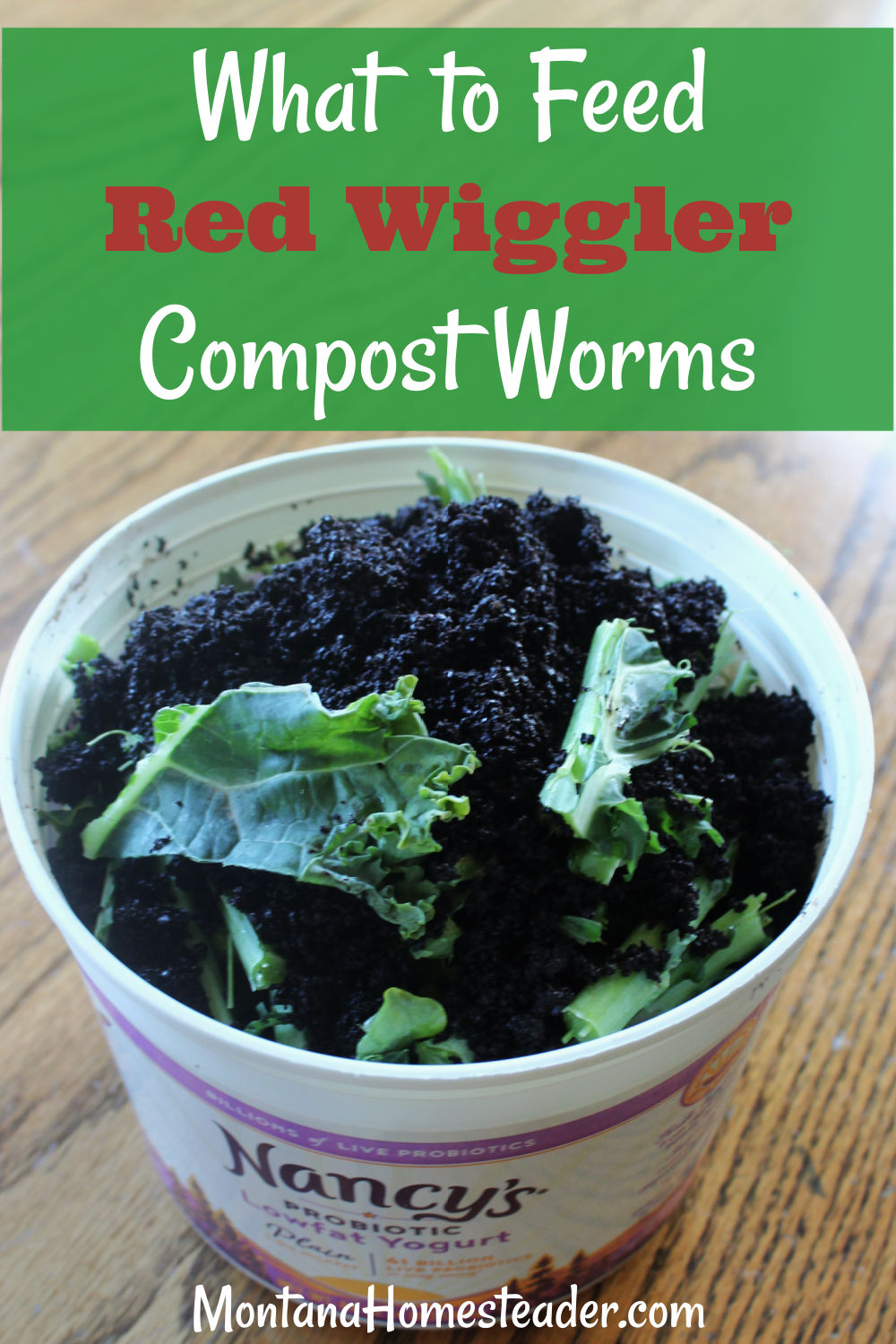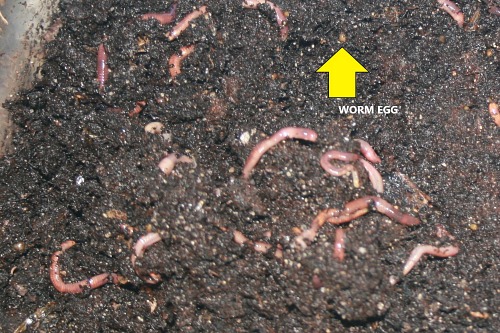Maximize Lawn Growth with Effective Products from Red Wiggler Express
Maximize Lawn Growth with Effective Products from Red Wiggler Express
Blog Article
Red Wigglers 101: Everything You Need to Know for Thriving Gardens
Red wigglers, or Eisenia fetida, play a crucial duty in sustainable horticulture techniques, acting as effective decomposers that transform natural waste into important vermicompost. Comprehending their environment, dietary preferences, and the myriad benefits they provide can transform your horticulture strategy (Red Wiggler Express). As these worms prosper in particular problems, their care and administration are vital for maximizing their contributions to soil health. The question continues to be: what actions can you take to harness the full possibility of these impressive microorganisms in your very own garden?
Comprehending Red Wigglers

Red wigglers flourish in environments abundant in organic material and dampness. Red Wiggler Express. They possess a distinct digestive system that enables them to process food scraps swiftly, secreting spreadings that are packed with necessary nutrients such as nitrogen, phosphorus, and potassium. These castings improve soil framework, boost water retention, and foster advantageous microbial activity, every one of which contribute to durable plant health
Additionally, red wigglers can endure in varied problems, making them adaptable to various gardening methods, consisting of indoor and outside composting systems. Their capacity to eat large quantities of organic waste day-to-day settings them as valuable allies for both home garden enthusiasts and industrial farmers. By incorporating red wigglers into horticulture efforts, one can significantly improve soil fertility and support lasting gardening techniques.
Perfect Habitat for Red Wigglers
Creating an ideal setting for red wigglers is vital for maximizing their composting capabilities and general health and wellness. Red wigglers grow in moist, dark, and well-aerated habitats, which carefully resemble their natural surroundings in ground cover and decomposing raw material. An ideal habitat needs to provide a temperature level array in between 55 ° F and 77 ° F(13 ° C to 25 ° C), as extreme temperatures can worry or damage the worms.
The bedding product, such as shredded newspaper, cardboard, or coconut coir, must be maintained damp yet not overly wet, as too much dampness can bring about anaerobic problems damaging to worm health and wellness. Furthermore, a pH level between 6.0 and 7.5 is optimal, making sure a balanced environment.
Proper oygenation is similarly essential; it enables oxygen circulation and prevents the build-up of unsafe gases. A container or container developed for vermicomposting should have water drainage openings to get rid of excess moisture and advertise airflow. Regular monitoring of these conditions is vital for preserving a thriving red wiggler populace, ultimately boosting their effectiveness in breaking down natural waste and enriching yard soil.
Dietary Requirements and Preferences

Red wigglers exhibit certain choices; they are specifically fond of softer, decaying materials over tougher or more coarse materials. It is important to stay clear of feeding them citrus peels, onion, and garlic in large quantities, as these can be damaging. Furthermore, meat, milk, and oily foods should be excluded, as they can attract insects and produce undesirable smells.
(Charlotte NC Worms For Sale)Environment-friendly materials, such as veggie scraps, give nitrogen, while brown products, like cardboard and dried fallen leaves, supply carbon. By providing to their dietary requirements, garden enthusiasts can cultivate a growing populace of red wigglers in their compost systems.
Benefits of Using Red Wigglers
The impressive benefits of making use of red wigglers in horticulture extend far past their function in composting. These flexible microorganisms contribute dramatically to dirt health and wellness, improving nutrient accessibility and advertising microbial activity. By freshening the dirt as they tunnel, red wigglers improve drainage and origin penetration, creating an optimal setting for plant growth.
Moreover, red wigglers are efficient recyclers of natural waste, transforming it into nutrient-rich castings that act as a superb natural plant food. These spreadings include advantageous microbes and necessary nutrients, such as nitrogen, phosphorus, and potassium, which are crucial for plant development. The slow-moving release of nutrients from worm spreadings makes certain a constant supply, decreasing the danger of nutrient leaching and promoting sustainable horticulture techniques.
Furthermore, the presence of red wigglers can help reduce soil-borne plant diseases. Their digestive procedures produce substances that hinder damaging pathogens, therefore enhancing plant health and wellness. Making use of red wigglers fosters a much more lasting horticulture method by minimizing reliance on chemical fertilizers and advertising a closed-loop system, where waste is transformed right into valuable resources. On the whole, incorporating red wigglers right into horticulture methods provides a wide range of eco-friendly and agricultural benefits.
(Granite Falls NC Worms For Sale)
Composting With Red Wigglers

To start a successful vermicomposting system, select an ideal container with appropriate air flow and water drainage. The suitable environment for red wigglers includes a damp, dark setup with temperature levels between 55 ° F and 77 ° F. Begin by layering shredded paper, cardboard, and food scraps, guaranteeing a balanced mix of carbon and nitrogen-rich products.
Red wigglers prosper on vegetable peels, fruit scraps, coffee grounds, and eggshells, while staying clear of meat, milk, and oily foods that can attract pests. Consistently monitor moisture levels; the bedding ought to be moist however not soaked. Harvest worm castings every few months by separating the worms from the compost, which can then be used directly in yards or saved for later usage.
Executing vermicomposting not just reduces landfill waste but also improves yard dirt, promoting healthy plant growth and lasting horticulture my blog methods. Accept this environment-friendly technique to improve your gardening ventures.
Final Thought
In summary, red wigglers are vital organisms for enhancing yard efficiency with efficient composting. Their details environment demands, dietary choices, and considerable benefits add to sustainable gardening techniques. By using red wigglers, gardeners can significantly boost dirt high quality and nutrient accessibility, promoting much healthier plant development. Embracing the method of vermicomposting not just sustains waste reduction yet additionally advertises an ecological equilibrium within yard ecological communities, inevitably bring about growing and resilient gardens.
Report this page